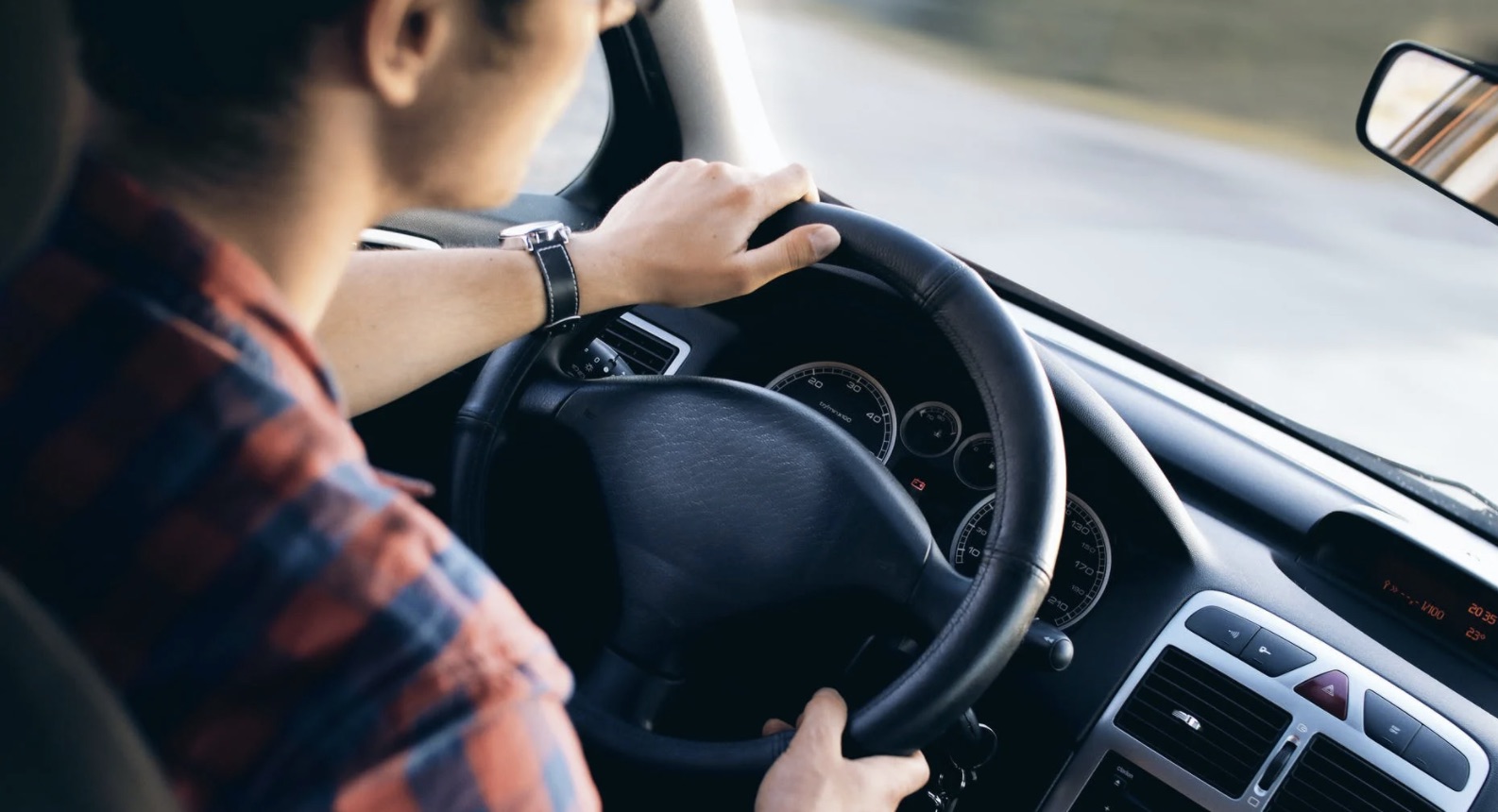Understanding Devaluation When Purchasing a Vehicle
There are very few instances where the value of something goes down through the simple act of purchasing it. Just think how flabbergasted you’d be if you found out that your home sunk 10% in value just because you bought it. Fortunately, that’s not the case with real estate; however, that is the case when buying a new vehicle. The moment you leave the lot in your new car, it suddenly becomes worth less than when you purchased it. The term for this is “depreciation.”
What is Car Depreciation?
Car depreciation is the rate at which your vehicle loses value during your time of owning it. The first year of owning a car is when it will depreciate the most (by about 20%). After the first year, most cars tend to depreciate by around 10% per year for the next four years. What this means is that after owning a car for five years, it’s going to be worth about 40% of what you paid for it.
To add insult to injury, you also have to factor in taxes, insurance, registration, gas, repairs, and any other car-related expense. Owning a car is expensive. We all know that.
So, is there any way to keep the vehicle from depreciating? And what are the typical things that make a car depreciate?
Factors that Make a Car Depreciate
What makes a car depreciate? That’s the million-dollar question. For starters, we all know that new cars cost more than a used car. So why do new cars suddenly depreciate the same day you buy them? Because by the act of becoming that car’s owner, the vehicle technically becomes used. By extension, the more owners a vehicle has, the more it depreciates in value.
Another factor that causes depreciation is what’s known as “wear and tear.” Although some people are great about keeping their cars in pristine condition, wear and tear is something that happens to every car that’s being driven. Keeping the car clean and in good condition from a cosmetic standpoint is all well and good, but parts age. Old parts equate to a higher probability that they’ll break or malfunction. There’s a direct correlation between the age of a car and how much it depreciates. The same goes for mileage. Taking care of a car is more than just keeping it clean. In order to maintain the most amount of value possible, you should follow the service and maintenance schedule to the letter. Trust us, it’s far easier to prevent an issue than it is to fix one.
The other big factor that makes cars depreciate are the new models that come out after them. As long as new model year cars continue to be manufactured, this will push down the overall value of prior models. We see this in big tech quite commonly. As soon as there is a new model of iPhone out, the prior models suddenly become less expensive. The same holds true for cars.
The Takeaway
Although the idea of losing so much value on a car in the first year may turn you off to the idea of buying a new car, there are advantages to getting a new car that used cars don’t offer. First, you get the security of knowing that the car you’re getting is in the best condition possible since it’s coming straight from the manufacturer. That’s a big deal for some car-buyers. The other advantage of buying new is that you’ll get a warranty on the vehicle. Some car brands package the warranty with roadside assistance and standard maintenance. The idea is that the value of the coverage will offset the additional money you’re spending on a new car.
Of course, the obvious benefit of buying a used car is that the previous owners take most of the hit as far as devaluation is concerned. This saves savvy buyers thousands of dollars. However, the caveat is that you’ll come up short in the warranty department.
Ideally, you want to go to a dealership that has both used and new cars so you can contrast and compare. Search the phrase “new car dealership near me” to get started. Your local Volkswagen dealership has a wide selection of sedans, coupes, and SUVs in both recent and older models.
